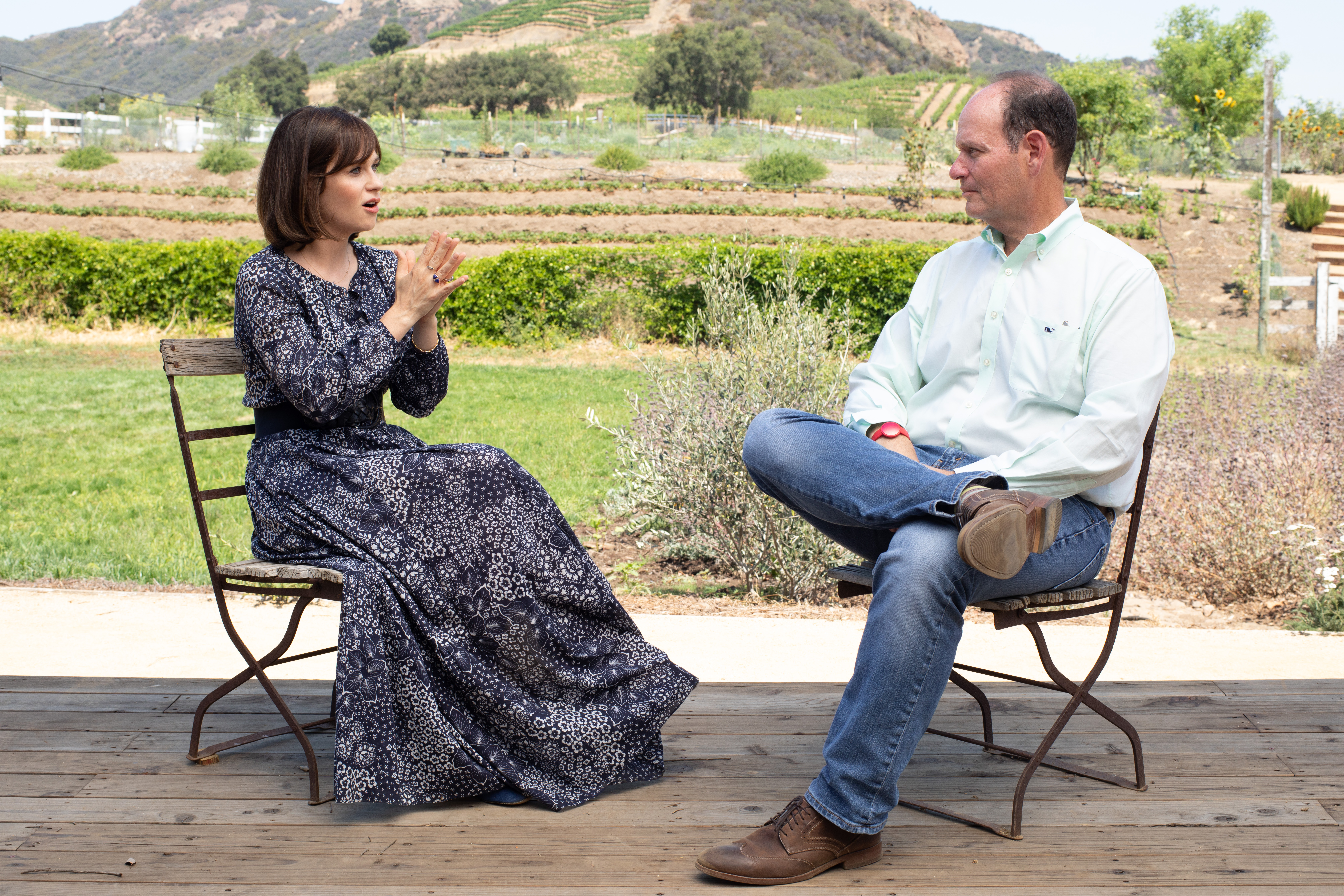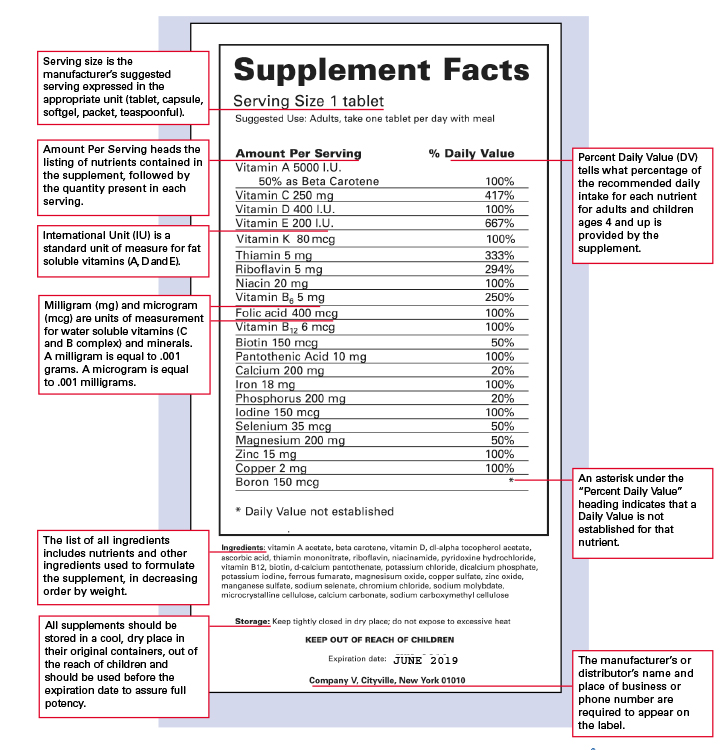Over 170 million Americans take supplements, but how many of us know what they’re made from? We have tips on what to look for.
In our latest episode of Your Food's Roots with Zooey Deschanel, we're covering the topic of vitamins and supplements. According to The Council of Responsible Nutrition (CRN), over 71% of adults in the United States take dietary supplements. Some of the most popular supplements, according to users surveyed in 2016, include:
- Multivitamins (75%)
- Vitamin D (37%)
- Vitamin C (34%)
- Calcium (29%)
- Vitamin B / B Complex (24%)
- Omega 3 / Fatty Acids (20%)
Given that so many of us take supplements, it's important to understand what's inside of them. Here's what you need to know about supplements and what you should look for before buying them.
What are supplements?
Dietary supplements are designed to be a supportive product that ensures you get the nutrients and minerals you need, outside of what you already receive from a healthy diet with whole foods. Supplements may come in the form of vitamins, minerals, herbs, botanicals, amino acids, enzymes, energy bars, and so much more! There are a plethora of products in the marketplace that fall into the vitamin and supplement category.
One thing that all dietary supplements are required to do is bear nutrition labeling, according to the FDA’s Nutrition Labeling and Education Act. Labeling and ingredient regulations are complex, but if you have a question about your label, this FAQ database on dietary supplements from the FDA can help.
When is it most important to take supplements?
There are times in our lives where we’re in more vulnerable positions—such as pregnancy or when experiencing the symptoms of subclinical deficiency—where doctors may recommend that we take supplements to feel better or aid in the development of a growing child. As always, it’s best to discuss your diet and supplement intake with your doctor first, who can advise on best practices for your body.

What you should look for in your supplements.
Just as it is important to know what’s in your food and where it comes from, it’s equally as important to know what’s in your supplements and which sources they are derived from. Here’s what to look for before you purchase:
Look for a NSF or USP certification.
The NSF certification label from The Public Health and Safety Organization indicates that the product and manufacturing facilities undergo an ongoing audit process that ensures the products meet strict standards for public health protection.
The USP certification indicates that the supplement has been tested for the ingredients listed on the label and in the potency declared. It also ensure that the product does not contain harmful levels of contaminants, will break down and release in your body within a specific period of time, and has met the FDA’s Good Manufacturing Practices standards.
Understand the label on your supplements.

Check out this helpful guide from the Council of Responsible Nutrition (CRN) that will help you decode the label on your supplements.
Look for a Certified USDA Organic label.
When it comes to food, we have the options of buying food from trusted sellers, and can ask about their farming practices. Some farmers will have certified organic produce, while others may have organic and sustainable farming practices without the label. With supplements, it’s more challenging to know where the ingredients are derived from, which is why it’s helpful to see the Certified USDA Organic seal. Here’s what you might see on a label and what it means:
100% Organic When you see this on a label, accompanying the USDA Organic seal, it means the ingredients inside are made from 100% organic produce.
Organic When you see the term ‘Organic’ along with the USDA Organic seal, it means that 95% of the ingredients are sourced from organic produce.
What to look for when there isn’t a USDA Organic seal
If your supplement is sourced from at least 70% organic ingredients, the manufacturer can write ‘Made with Organic (insert ingredient).’ For example, if you are buying turmeric supplements, the label might read ‘Made with Organic Turmeric’ if 70% of the turmeric sourced is produced using organic farming methods.
It can be challenging to understand the world of supplements, to know what we should take, and what’s inside of our vitamins. A great place to start is by setting up an appointment with your doctor or nutritionist who can guide you on what you should take and what to look for. Supplements are designed to be ancillary products that support a healthy diet—most people get all the vitamins they need from the food they eat. Lastly, when you buy supplements, do some research on the manufacturer of the product so you have a better understanding about the claims on the label/package.
Read Next


